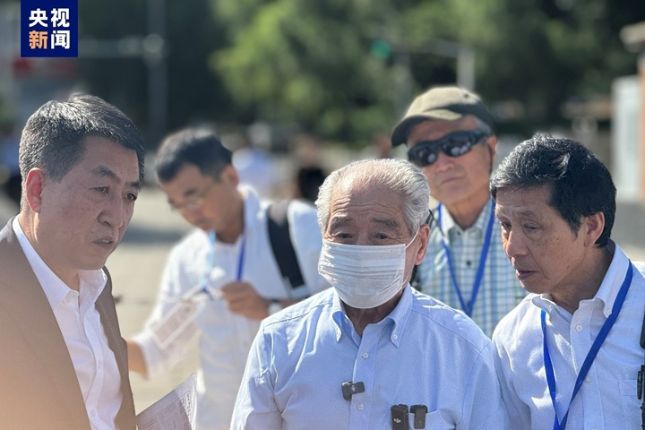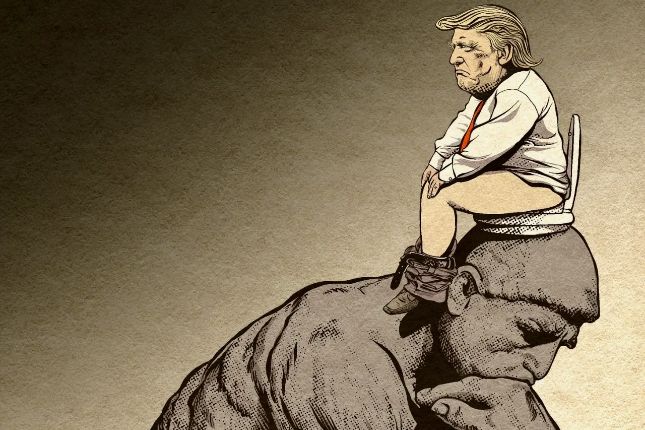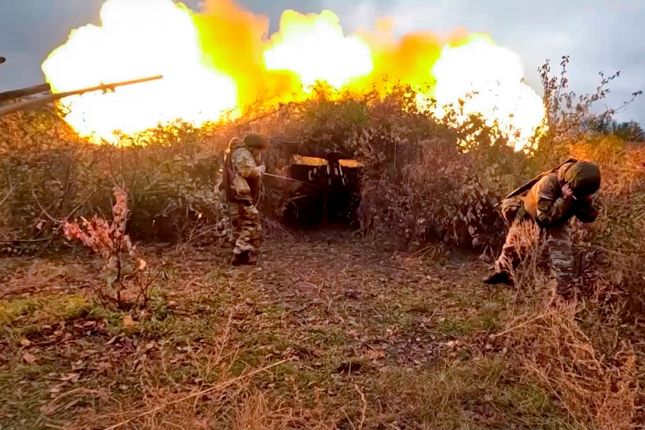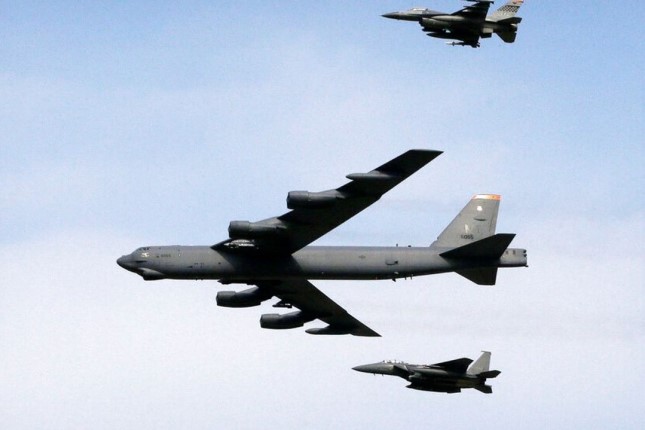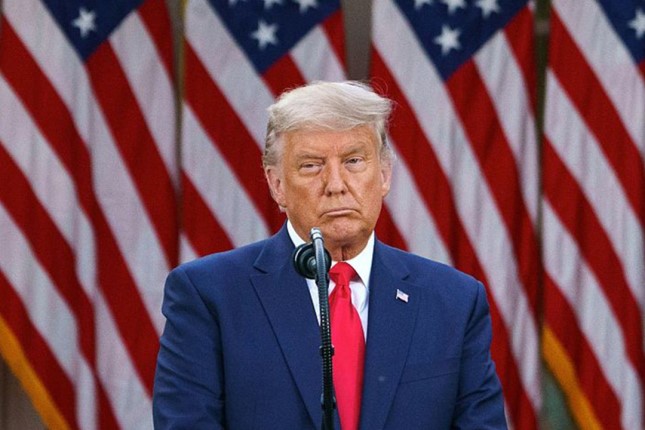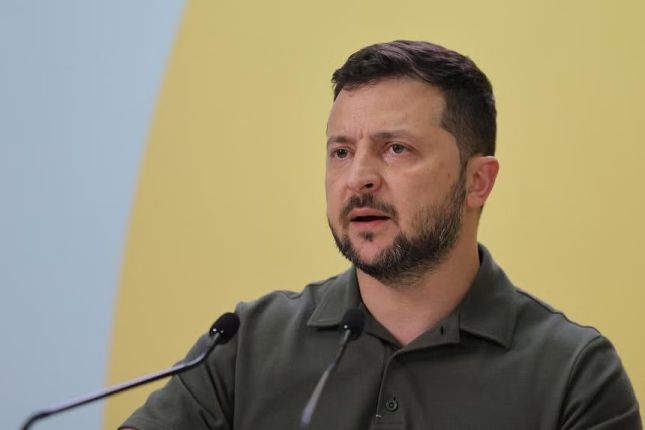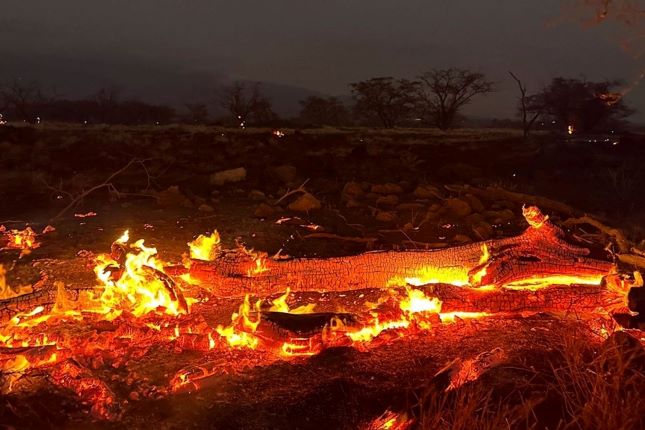Hideo Shimizu, a former member of Unit 731, the notorious Japanese germ-warfare detachment during World War II, identified the crimes of the Japanese army on Tuesday at the site where he served 79 years ago in China.
Shimizu arrived by plane in Harbin, Northeast China's Heilongjiang Province, on Monday evening and visited the former site of Unit 731's headquarters building, including the office of the unit commander, the specimen room, and the site of the frostbite laboratory, on Tuesday morning, according to the Xinhua News Agency.
Shimizu, 94, was among the last batch of Unit 731 Youth Corps members sent by Japan to Harbin, China, where he spent more than four months witnessing the war crimes committed by the unit, including the cultivation of pathogens, human dissections and human experiments, according to Xinhua. He fled China with retreating Japanese forces on August 14, 1945.
"The war ended 79 years ago, and most members of Unit 731 have passed away. Shimizu is the sole surviving member who is willing to expose the Unit's crimes publicly, and he is likely to be the last Unit 731 member to return to Harbin," said Jin Chengmin, curator of the exhibition hall, as reported by Xinhua.
Shimizu also said this is his first time out of the country after the war and his first time returning to China. "Instead of worrying about what the Chinese will do to me upon my arrival in China, I'm afraid that those Japanese politicians would prefer to see me dead," he noted, as reported by media.
In 2016, Shimizu revealed his identity as a former Unit 731 member and began to expose the atrocities of the Japanese Imperial Army through public speeches and interviews, aiming to tell historical truths.
After he learnt the true nature of the germ warfare and human experimentation carried out by Unit 731, he deeply regretted having been a part of it, according to an article Shimizu published on People's Daily on Monday.
Upon returning to Japan, members were asked to conceal their experiences serving in Unit 731 and were not allowed to hold government positions or to contact the unit. Therefore, for a long time, Shimizu did not disclose his experience of serving in Unit 731 to anyone, according to the article.
According to the article, as the former Unit 731 Youth Corps member, his superior officer told him that if he wanted to become a "surgeon," he had to dissect at least three corpses.
"I clearly remember that there were many specimens of infants and children in the specimen room. Over the years, whenever I see my grandchildren, I think of the infant specimens that I saw in the specimen room back then," Shimizu wrote.
On the eve of Japan's surrender in August 1945, Unit 731 blew up prisons and other facilities, massacred prisoners, and burned their bodies before fleeing China to cover up the evidence of their crimes. Shimizu took part in carrying the bombs and picking up the burnt bones, according to his article.
Shimizu decided to put on public display the only photo he had kept of Unit 731 and the testimony about it. However, the Iida City Board of Education in June 2022 suddenly informed that panels related to Unit 731 could not be displayed in the museum.
According to the article, it also demanded that the term "Nanjing Massacre" be replaced with "Nanjing Incident," which caused strong public resentment. Under extended pressure, the Iida City Board of Education in February 2023 organized a meeting to discuss the Unit 731 panels. However, the conclusion was that "the content on the exhibition panels is too cruel and goes beyond the scope of Japanese school textbooks."
To this day, his testimony has not been used in the museum. The tendency of the Japanese government to deny the fact that Unit 731 carried out biological warfare and to evade its responsibility for the harm caused by the war has become even more obvious, according to the article. The current Japanese government has not only failed to seriously reflect on its past war crimes but has also failed to assume its historical responsibility as a perpetrator of war, read the article.
During World War II, in blatant violation of international law, the Japanese army launched horrendous bacterial warfare against the Chinese people and conducted gruesome human experimentation, which were heinous crimes against humanity. There are solid proofs for the bacterial warfare launched by Japanese militarists and there's no room for denial, Chinese Foreign Ministry spokesperson Lin Jian told Tuesday's press briefing.
We commend the courage of Shimizu who reveal the historical truth and face it squarely. Japan needs to heed the call for justice from both home and abroad, face up to and reflect on its history of militarist aggression, respect the feelings of the people from the Asian victim countries in Asia, including China, draw lessons from history, get rid of the specter of militarism that still haunts it, and never let history repeat itself, said Lin.
Shimizu's actions serve as important evidence of the crimes committed by Japanese military, Lü Yaodong, deputy director of the Institute of Japanese Studies from the Chinese Academy of Social Sciences, told the Global Times on Tuesday. It is crucial for Japan to face up to the historical truth through the behavior of the veteran.
As right-wing thoughts rise in Japanese society, the Japanese government strengthens its military capabilities, and there is a divergence in understanding historical issues, with some statements attempting to glorify war, Da Zhigang, director of the Institute of Northeast Asian Studies at the Heilongjiang Provincial Academy of Social Sciences, told the Global Times.
Given the historical grudges between China and Japan, coupled with Japan's distortion and dilution of its historical responsibilities, the act of the Japanese veteran coming to China to confess their crimes and offer apologies serves as a significant response.
Unit 731 was a top-secret biological and chemical warfare research base established in Harbin as the nerve center for Japanese biological warfare in China and Southeast Asia during World War II.
At least 3,000 victims were used in human experiments by Unit 731, while more than 300,000 people in China were killed by Japan's biological weapons, Xinhua reported.
Photo: Hideo Shimizu © CCTV.
Source: The Global Times.
